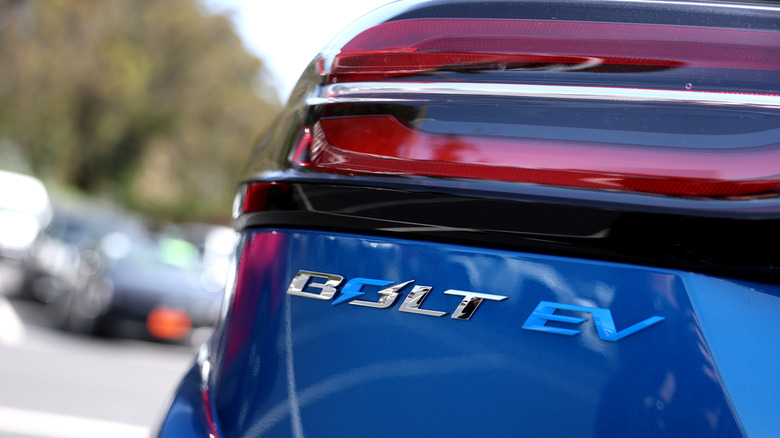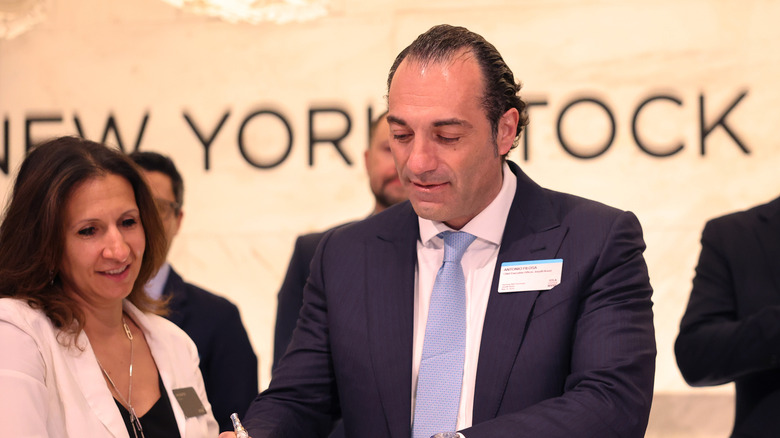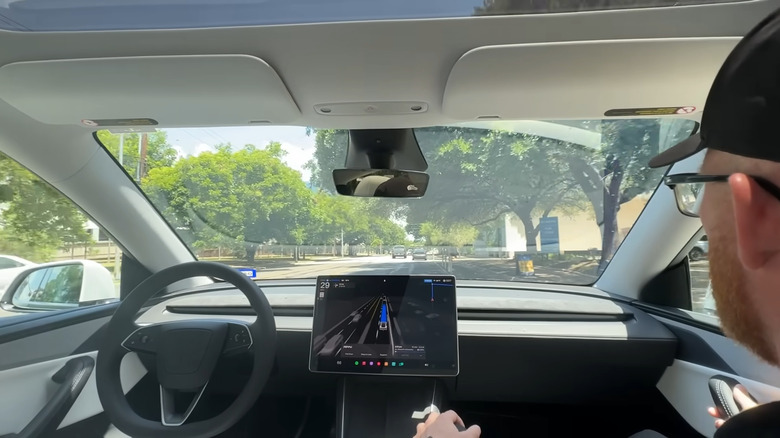
Happy Monday! It's June 23, 2025, and this is The Morning Shift, your daily roundup of the top automotive headlines from around the world, in one place. This is where you'll find the most important stories that are shaping the way Americans drive and get around.
In this morning's edition, we're looking at Tesla's Robotaxi launch in Texas, as well as the Senate's efforts to kill emissions regulations once and for all. We'll also look at the end of the $7,500 EV tax cut, and Stellantis's not-so-new management.
Tesla's robotaxis are here! Kind of. There are Teslas in Austin that will take riders from point A to point B with no one in the driver's seat, but you can't use one — they're invite-only. They're also Model Ys, rather than the Cybercab model that Tesla debuted for this exact purpose. From Reuters:
Tesla deployed a small group of self-driving taxis picking up paying passengers on Sunday in Austin, Texas, with CEO Elon Musk announcing the "robotaxi launch" and social-media influencers posting videos of their first rides.
...
Teslas were spotted early Sunday in a neighborhood called South Congress with no one in the driver's seat but one person in the passenger seat. The automaker planned a small trial with about 10 vehicles and front-seat riders acting as "safety monitors," though it remained unclear how much control they had over the vehicles.
In recent days, the automaker sent invites to a select group of influencers for a carefully monitored robotaxi trial in a limited zone. The rides are being offered for a flat fee of $4.20, Musk said on X.
Putting your safety monitors in the passenger seat instead of the driver's seat — where one could intervene in the event of a safety issue — is just dumb. You're going to put a person in the car anyway, but you're so committing to the aesthetics of autonomous driving that you'll put them in a position where they can't help if things go bad. Also, charging $4.20 is so dumb.
 Peter Cade/Getty Images
Peter Cade/Getty Images
CAFE regulations are a deeply problematic set of laws that have encouraged the rise of the crossover and pickup truck as passenger vehicles, but they've also given us the current slate of mainstream hybrids — there's good mixed in with the bad. Republican lawmakers, however, seem even less sold on CAFE than I am. They're looking to gut th eregulations, by removing any penalties associated with disobeying them. From the Wall Street Journal:
Republican senators are proposing a change to the Corporate Average Fuel Economy, or CAFE, rules as part of President Trump's wide-ranging tax and spending bill. If enacted, the proposal would eliminate fines for violating CAFE, all but nullifying rules that for generations have pushed automakers to churn out ever cleaner and more fuel-efficient vehicles. That technology has saved two trillion gallons of gasoline over the past 50 years, according to the journal Energy Policy.
Automakers including General Motors and Jeep-parent Stellantis support the measure, while some of their rivals don't. Consumer advocacy groups warn that the move could result in dated technology remaining on the road and further dependence on foreign oil sources.
Occam's razor says that it's just cheaper to produce old tech, that companies and lawmakers are just in it for the profits, but some of these moves feel too extreme even for that. Are they hoping for the next Sandy to wipe out those coastal elites they loathe?
 Justin Sullivan/Getty Images
Justin Sullivan/Getty Images
While lawmakers do their best to end emissions regulations, they're also working to ensure EVs are never dominant in the United States market. This is largely because the United States is a shambling homunculus of fossil fuel companies all wrapped together under one big trench coat, but those companies also own many of our lawmakers — the same congresspeople who are now killing the $7,500 EV tax rebate. All that's left to debate is how soon it goes away, according to Automotive News:
President Donald Trump is moving forward on his promise to end the $7,500 tax credit for electric vehicles and plug-in hybrids, but it's up to Republicans in Congress to decide whether the cutoff date comes at the end of 2026 or much earlier that year.
Competing versions of the incentive rollback in the House and Senate are now up for negotiation, with the House version offering to continue the credit for smaller EV and PHEV makers through the end of 2026 while cutting off bigger ones at the end of this year. The provisions are part of proposals for Trump's "big, beautiful" budget bill.
When companies refuse to acknowledge new technology, and double down on old and wasteful ways of interacting with the world in hopes of squeezing a few more pennies out of their old tooling, does that generally go well? We've already seen natural disasters hit fossil fuel infrastructure in the U.S., but apparently CEOs expect to emerge unscathed from the world they're making.
 Michael M. Santiago/Getty Images
Michael M. Santiago/Getty Images
Stellantis has a new dad, but it seems he's keeping all the aunts and uncles around. Filosa hasn't changed up the senior leadership of Stellantis, which has left a bad taste in investors mouths — they were seemingly hoping for a new era for the automaker, one marked by a larger change in staff. From Reuters:
Stellantis new CEO Antonio Filosa started his tenure on Monday by retaining his previous role as head of the key North American market, while avoiding major changes to the French-Italian automaker's senior management team.
Stellantis shares were briefly suspended at the open, after they fell more than 5%. They were down 2% by 1130 GMT, among the worst performers in Italy's blue-chip index, with the limited changes leaving investors underwhelmed.
A source familiar with the matter said Filosa's decision to keep the North American post stemmed from his commitment to continue the job he started about nine months ago to revamp the region, which has been at the core of Stellantis' recent problems. He also wanted to continue to manage the impact of U.S. tariffs, the source added.
Filosa keeping a close eye on the United States makes sense, with the size of its market and the capriciousness and unpredictability of its leadership, but only time will tell if it's a move investors like. Early signs aren't looking positive.
I am, as always, a sucker for a song over eight minutes in length. It helps that this one goes hard as hell.















